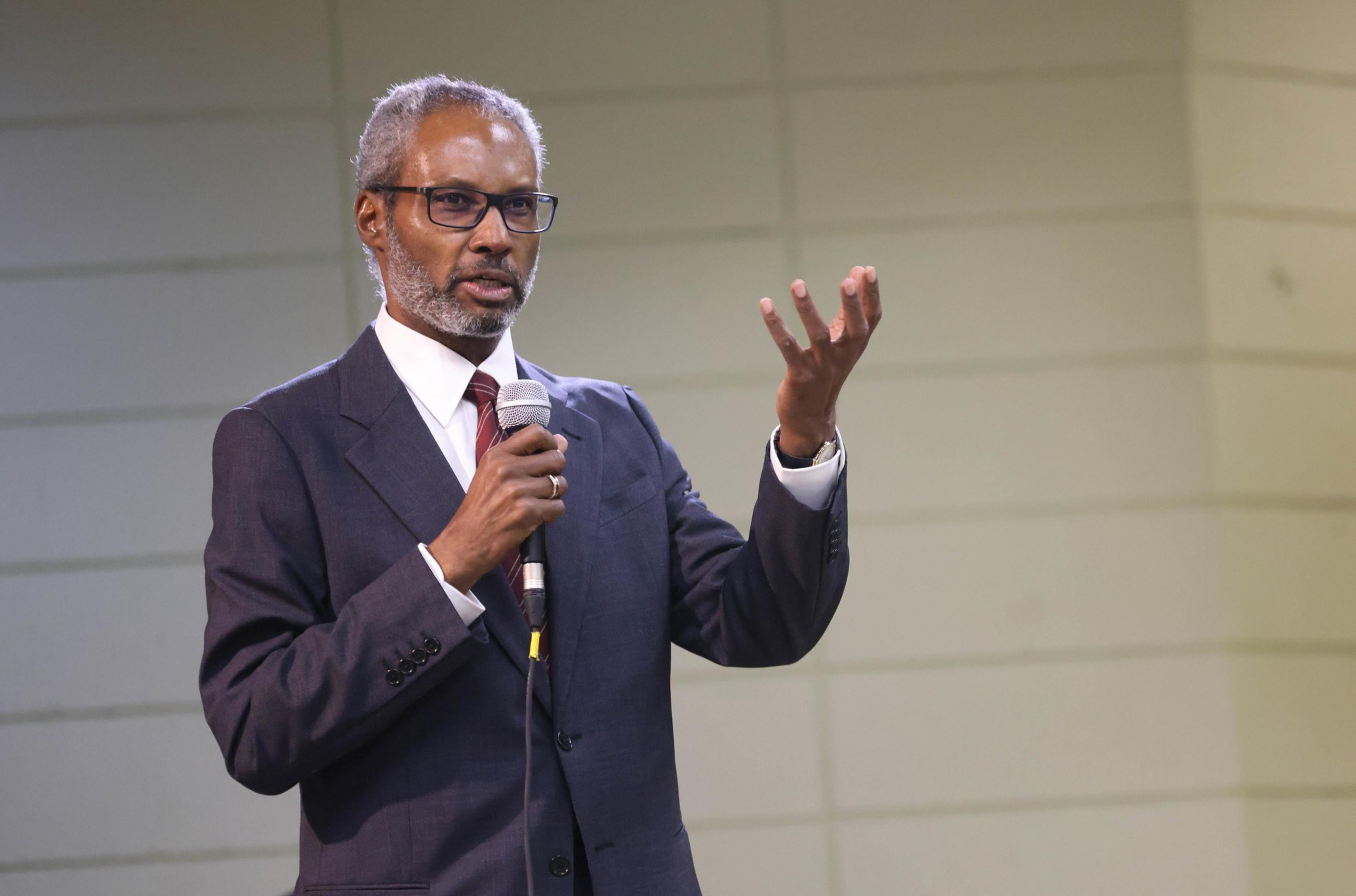Voters in San Francisco’s Tuesday election appear to have kept two incumbent Superior Court judges on the bench, rejecting the chance to replace them with challengers supported by tough-on-crime groups.
With roughly 37,500 ballots still left to count Friday, Judge Michael Isaku Begert had captured 61.6% of votes against challenger Albert “Chip” Zecher. Judge Patrick Thompson was leading challenger Jean Myungjin Roland with 55.6% of votes.
The races were shaped by the larger debate over crime and, in some ways, were influenced by the same politics that fueled the recall of District Attorney Chesa Boudin in 2022.
Groups like Stop Crime SF and a number of activist billionaires led the charge against the incumbents, whom they blamed for San Francisco’s public safety woes.
But critics of that view said challenging the sitting judges was really an attack on the judiciary and an unfair attempt to scapegoat judges for problems they are not responsible for.
One race pitted Zecher, a corporate lawyer, against Begert, a longtime judge. In the other, Roland, a prosecutor, ran against Thompson.

Zecher (opens in new tab), who has worked for insurance companies and manufacturing firms, sits on the board of UC Law San Francisco (opens in new tab) and was backed by Stop Crime SF and some big tech money, as well as oft-Republican donor and the recall’s largest funder, William Oberndorf.
Zecher grew up in the South Bay, and his mother was the first female judge in Santa Clara County. His sister is a judge in Santa Clara County.
Begert, who was appointed to the bench by Gov. Arnold Schwarzenegger (opens in new tab) in 2010 and worked in private practice before becoming a judge, had significant support from local judges, the legal community and progressive politicians.
Veteran prosecutor Roland was raised in San Francisco by immigrant parents and has worked for the San Francisco District Attorney’s Office for two decades. She was backed by many of the same groups that were behind Zecher, including the San Francisco Police Officers Association and Oberndorf.
Thompson, who grew up in Michigan, was only recently put on the bench by Gov. Gavin Newsom in 2023. Much of his career has been in corporate law. He had many of the same donors and backers as Begert.
Despite attempts to differentiate each candidate’s positions, all four candidates generally agreed about judicial fairness and impartiality. But much of the debate occurred outside of earshot of the candidates themselves because they are all but barred by judicial ethics rules from speaking about how they would rule on any specific cases.

Zecher refused to participate in at least one forum and declined to take part in a typical vetting of judicial candidates by the San Francisco Bar Association.
While campaigning Tuesday in the Castro, Begert said he hoped the message his candidacy had sent would resonate with voters.
“Judges are not supposed to be political. … This is a city of compassion, that is what I represent, both compassion and a respect for the constitutional protection that people have. I’m confident if the city speaks, it will speak in favor of those values,” he said.
While he received positive reactions from many voters, Begert said he was worried a low turnout could represent a small portion of the electorate, and result in a distortion of what the people of San Francisco want.
“If numbers are really low, the result will be a distortion of what democracy is. When I’m out campaigning, I get a positive response, people like the fact that I’m out experiencing what they’re experiencing,” he said.

His colleague on the bench, Thompson, who stood nearby holding a campaign sign, took one last jab at his opponent.
“I’m a by-the-book judge, I respect the law—I’m not guided by a political agenda. The opposition is running on a political agenda. They’ve made that clear—that’s not what should happen in the courts,” he said.
The San Francisco Department of Elections will count all vote-by-mail ballots received with valid postmarks delivered by mail by March 12.
Assemblymember Phil Ting attended the election night party for Begert and Thompson at Dahlia’s in the Mission. Ting said he worried that the judicial contests had become an “overly political” affair. While acknowledging public frustration over crime, he said casting blame without offering solutions solves nothing.
Other progressives including Board of Supervisors President Aaron Peskin turned out to support the incumbent judges on a night when many other of their causes and positions appeared unpopular with voters.
“I thought these were the two most important races on the ballot,” Peskin said. He added that a “flood of right-wing cash” had poured into San Francisco. “It’s not a local political agenda, it’s a national political agenda. … The notion of buying the court and politicizing local judges’ races is a holy grail.”
